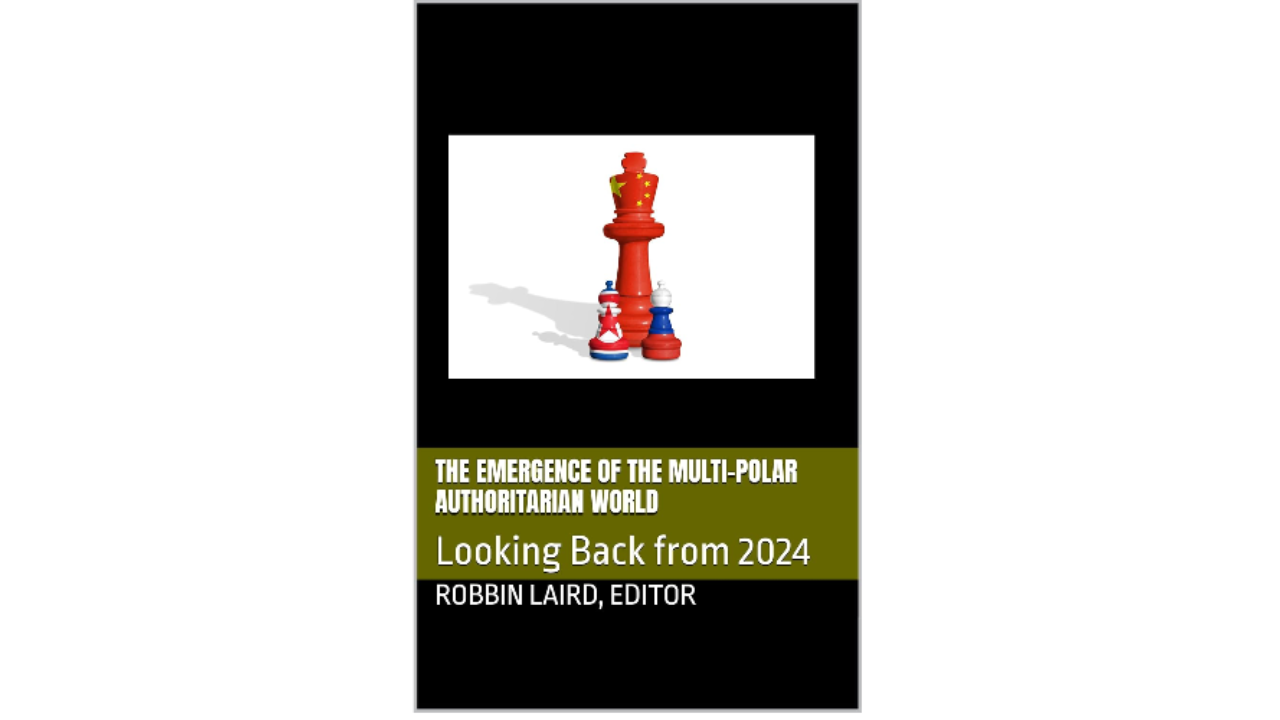This book examines the shift from the post-Cold War liberal democratic order to what the authors describe as a “multi-polar authoritarian world.” The collection spans articles published between 2009 and 2024, analyzing how authoritarian powers like Russia, China, and North Korea have gained global influence while challenging Western liberal democratic values and institutions.
Key Themes
- The End of the “End of History”: The book challenges Francis Fukuyama’s famous thesis that liberal democracy represented the endpoint of humanity’s ideological evolution. Instead, it documents the rise of competitive authoritarian systems.
- Russia’s Evolution Under Putin: Several chapters examine how Putin reconstructed Russian power and identity after the collapse of the Soviet Union, positioning Russia as a counterbalance to Western influence.
- China’s Global Strategy: The book analyzes China’s economic and geopolitical expansion through initiatives like Belt and Road, technology transfer, and strategic investments that have created a form of “informal empire.”
- North Korea’s Nuclear Strategy: Essays track how North Korea transformed from a regional irritant to a nuclear power with global influence through strategic partnerships with other authoritarian states.
- European Fragmentation: The migration crisis and other stress points have weakened European unity and created openings for authoritarian influence.
- American Strategic Missteps: The book critiques U.S. policy decisions, particularly the focus on “endless wars” in the Middle East that diverted attention and resources from addressing the rise of competitive authoritarian powers.
The book is organized thematically around major global players and flashpoints. Particularly valuable is its inclusion of perspectives from diverse authors over a 15-year timespan, allowing readers to see how analyses evolved as events unfolded.
The final section on “flash points” examines specific events like 9/11, the Iraq War, and Russian intervention in Syria as strategic inflection points that accelerated the shift toward a multi-polar authoritarian world.
As the strategist, Brian Morra noted in the forward to the book: “The Emergence of the Multi-Polar Authoritarian World” provides a valuable historical record and analysis of a major geopolitical shift. It challenges comfortable Western assumptions about the inevitability of liberal democratic triumph and offers a sobering assessment of the current global landscape. The book would be valuable for policymakers, international relations scholars, and anyone seeking to understand the complex challenges facing liberal democracies today.”
For a podcast discussing the book, see the following:
The Emergence of the Multi-Polar Authoritarian World: Looking Back from 2024



